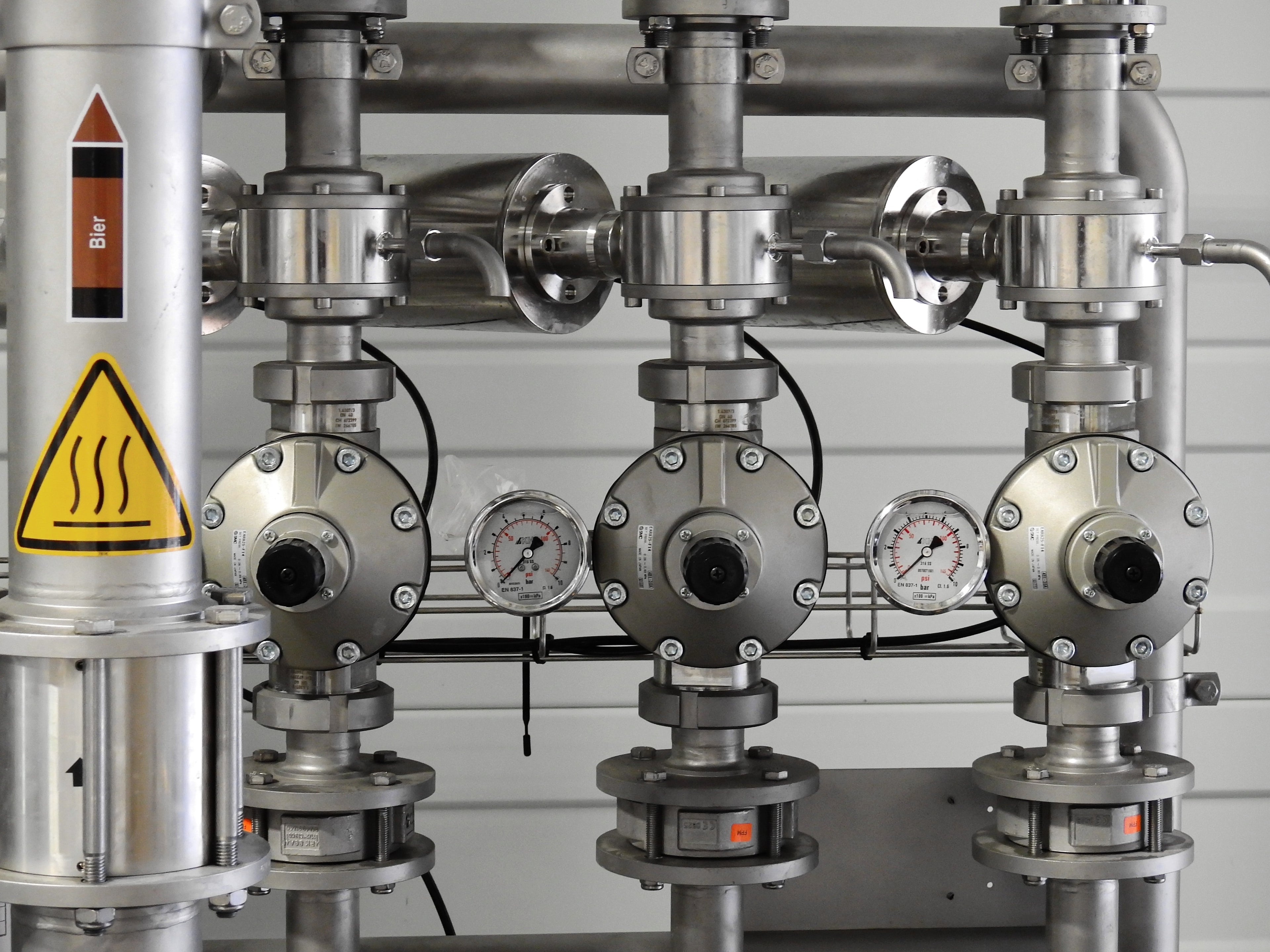Septic tank risers are frequently overlooked by homeowners when comes time to maintain the septic system. These essential, but simple components provide convenient access points for the septic tank making routine inspections, pumping, and maintenance tasks much easier. Installing risers to your septic tank, you eliminate the need to dig out the ground every when you require a service. This not only saves you time and effort but will also lessen the disruption to your landscaping. The risers that are installed on tank septic reduce the risk of injuries or accidents during maintenance, because they provide a safe entry point into the tank.
Effluent management is another critical aspect of maintaining a healthy septic system. The liquid waste discharged from the septic system into the drainfield for further treatment is called effluent. It is a mixture of bacteria, water and organic matter. Solid particles from the effluent can settle to the bottom of the tank over time, and form a sludge layer. If not addressed promptly, the sludge may accumulate and clog the system, causing backups, foul odors, and even damage to the drain field. Regular pumping and the management of effluent ensure that the septic tank operates efficiently, preventing blockages from occurring and extending its lifespan.

A proper draining of your septic tank’s drain is vital for its functioning. When water from your home and flows into the septic tank it undergoes the natural process of separation. Solid waste settles to the bottom while oil and lighter substances float towards the top, forming a scum layer. The liquid residue, also known as effluent or waste, leaves the tank to enter the drainfield for further filtration. A properly designed drainage system allows for a smooth flow of effluent, preventing backups and flooding. It is important to make sure that the drainage pipes are free of dirt, roots or other obstructions that can interfere with the effluent’s flow. Regularly checking and maintaining the drainage system will help to avoid costly repairs, as well as environmental pollution.
It is crucial to make the right choice for the septic tank in your home. This decision will have a lasting effect on the functionality of your property and also its sanitation. There are numerous options in the market. It’s important to think about a number of factors before you make your choice. First, you must determine the size of your septic tank in relation to the average usage of your household as well as the number of residents. If you have a large family, or a property with frequent guests, a larger tank will be required. Think about the materials that is used to build the tank. Common options include concrete, fiberglass and plastic. Each material comes with its own advantages and disadvantages with regard to longevity, cost, as well as maintenance. Also, make sure to examine any local regulations and guidelines regarding the construction of septic tanks. It’s important to choose an septic tank that is compliant with necessary standards and complies with the guidelines of any specific type.
Lastly, consult with a professional septic system installer who will assess your home’s needs and provide expert recommendations based on the soil conditions and topography. You can choose the most suitable system for your home by carefully weighing all of these aspects. This will result in a reliable, efficient and effective wastewater management system.
In order to have a secure and safe system of septic, it’s vital to ensure that your tank functions properly and is maintained. It is also helpful to install risers and maintain an appropriate drainage. Septic tanks serve as the main treatment system for household wastewater. Moreover, managing effluent ensures safe treatment of liquid waste. The septic tank can be accessible easily and securely with the help of an septic tank riser. Proper drainage ensures a smooth flow of effluent and prevents breakdowns in the system. Prioritizing these factors and maintaining regular maintenance schedules will guarantee that septic systems are environmentally resilient, efficient, and durable. This will ensure a healthy and safe living space.